Buffalo Niagara Waterkeeper commends NYSDEC Commissioner Seggos, Governor Cuomo, and the professionals who undertook an exhaustive and thorough review of the scientific data and potential environmental impact of this proposed pipeline in Western New York. The denial of the Northern Access Pipeline water quality permit on April 7, 2017 was the right decision for New York State.
The project proponent’s application represented an inability or unwillingness to avoid or mitigate adverse impacts to water quality and resources within the Niagara River Watershed, and would have resulted in a significant negative cumulative impact on the region’s water resources.
The pipeline as proposed would have impacted 192 streams and 74 wetlands, and the construction and operation of the pipeline would fail to comply with widely known and established New York State water quality standards. 77 of the proposed stream crossings were located within coldwater fisheries which are some of the most sensitive to disturbance; since 1900, the Niagara River Watershed has lost nearly 65% of its wetlands, and remaining wetland habitat in the watershed is considered to be in “fair” condition.
Of particular concern was the significant impact on headwater forest and stream ecosystems in the upper Niagara River Watershed. The streams in this portion of the watershed are home to populations of native brook trout and provide drinking water to the communities residing within the surrounding region. The quality of these same waters is already in decline and at-risk from land-based, human-induced development, agricultural inputs, and changing stream channel and bank conditions.
Based on these facts, the NYSDEC’s decision to deny the water quality permit is justified and supported by its authority under Section 401 of the Clean Water Act and to protect New York State waters and environs.

